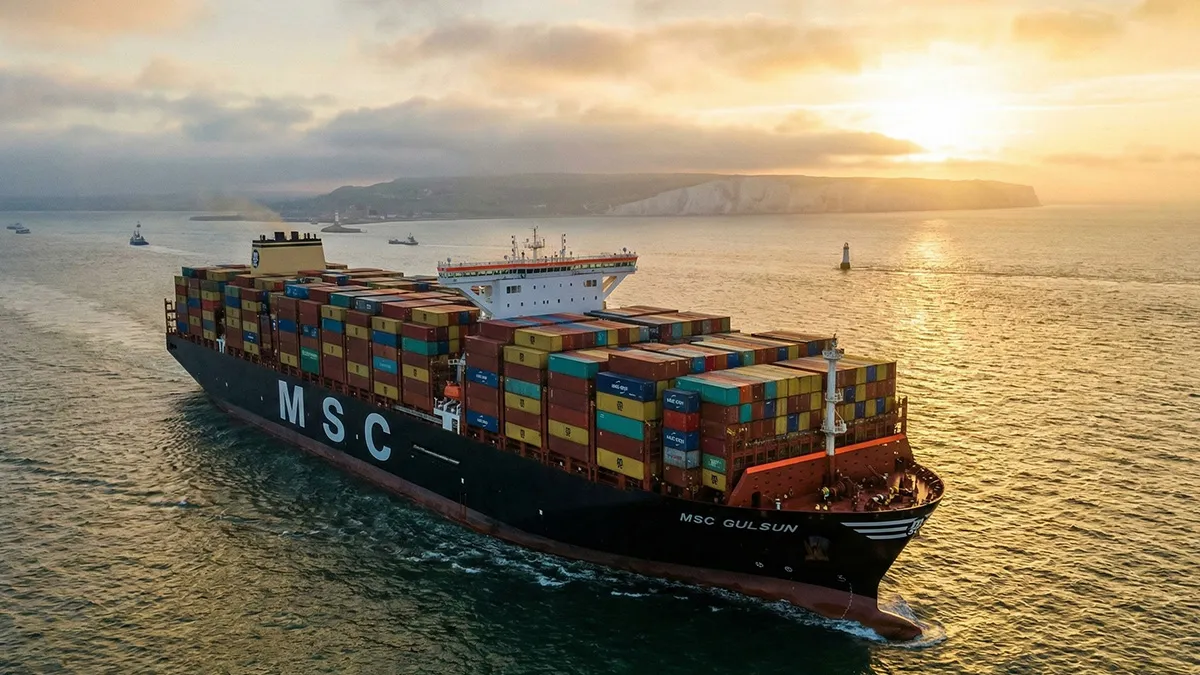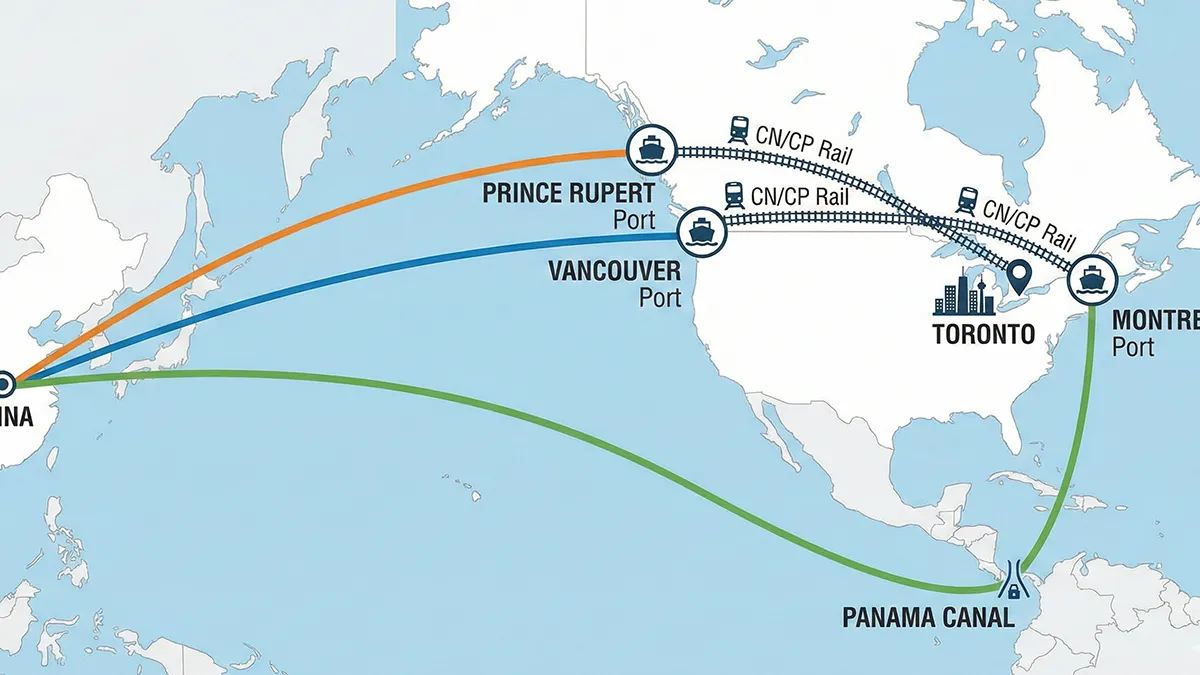Net Weight vs. Gross Weight: A Guide for International Shipping
When you're involved in international trade, especially China freight shipping, understanding logistics terminology is key to saving money and avoiding delays. Two of the most fundamental terms you'll encounter are Net Weight and Gross Weight. While they sound similar, the difference between net and gross weight is critical for everything from cost calculation to customs compliance.
This guide will break down the essentials of net vs gross weight, explaining what each term means and why this distinction is so important for your business.
The Definitions: What Are Net, Gross, and Tare Weight?
Let's start with clear definitions to answer the common question, "what is net weight and gross weight?"
- What Does Net Weight Mean? Net Weight (NW) is the weight of the goods themselves, without any packaging, containers, or other materials. Think of it as the pure weight of the product you are selling. If you sell t-shirts, the net weight is the weight of the t-shirts alone.
- What is Gross Weight? Gross Weight (GW) is the total weight of your shipment. This includes the weight of the product itself plus the weight of all packaging materials —boxes, pallets, wrapping, labels, etc. It's the "all-in" weight that a carrier will use to handle and price your shipment.
-
Understanding Tare Weight To fully grasp the concept, it's helpful to know about Tare Weight. Tare Weight is simply the weight of the packaging and container materials by themselves. This gives us a clear formula:
Gross Weight = Net Weight + Tare Weight (Packaging)
Why This Distinction is Crucial for Shipping
Understanding gross vs net weight for shipping isn't just an academic exercise; it has real-world financial and operational consequences. Here’s why the distinction is so important.
1. Accurate Shipping Cost Calculation
This is the most direct impact on your bottom line. While net weight helps determine the cost of the goods themselves, it's the Gross Weight that is used to calculate shipping charges. Airlines, ocean carriers, and trucking companies base their fees on the total weight and volume of the cargo they are moving. An accurate Gross Weight declaration is essential for getting a correct quote from your freight forwarder in China and avoiding unexpected fees.
2. Customs and Regulatory Compliance
Many international trade regulations require labeling with both net and gross weights on shipping documents like the packing list and bill of lading. Customs authorities in the USA and around the world use this information to:
- Verify shipment contents.
- Assess duties and taxes (which can sometimes be based on net weight).
- Ensure compliance with import/export laws.
Incorrect declarations can lead to customs holds, inspections, and costly delays, disrupting your entire supply chain.
3. Warehouse Safety and Handling
The Gross Weight is a critical piece of information for every person who handles your freight. Warehouse staff, port workers, and carrier personnel need to know the total weight of a box or pallet to ensure safe lifting, loading, and stacking. This prevents injuries and damage to your goods.
How Zbao Logistics Removes the Guesswork
Navigating the nuances of gross weight vs net weight in shipping can be complex. As your dedicated China freight forwarder, Zbao logistics removes this burden from your shoulders.
- Expert Guidance: We ensure your shipping documents are prepared accurately, with the correct net and gross weights listed, preventing issues before they arise.
- Cost Optimization: By helping you understand your shipment's chargeable weight (which considers both gross weight and dimensional weight), we help you find the most cost-effective shipping solutions.
- Seamless Process: When you partner with a leading China forwarding company like Zbao logistics, you can be confident that every detail, from documentation to customs clearance, is handled professionally.
Conclusion
In the debate of net versus gross weight, the key takeaway is that both are essential. Net weight defines your product, while gross weight defines your shipment. Understanding the difference...is essential for the proper handling of goods, determination of shipping costs, and compliance with international trade and logistics operations
Ready to streamline your shipping process from China? Contact the experts at Zbao logistics today for a transparent quote and professional service.


